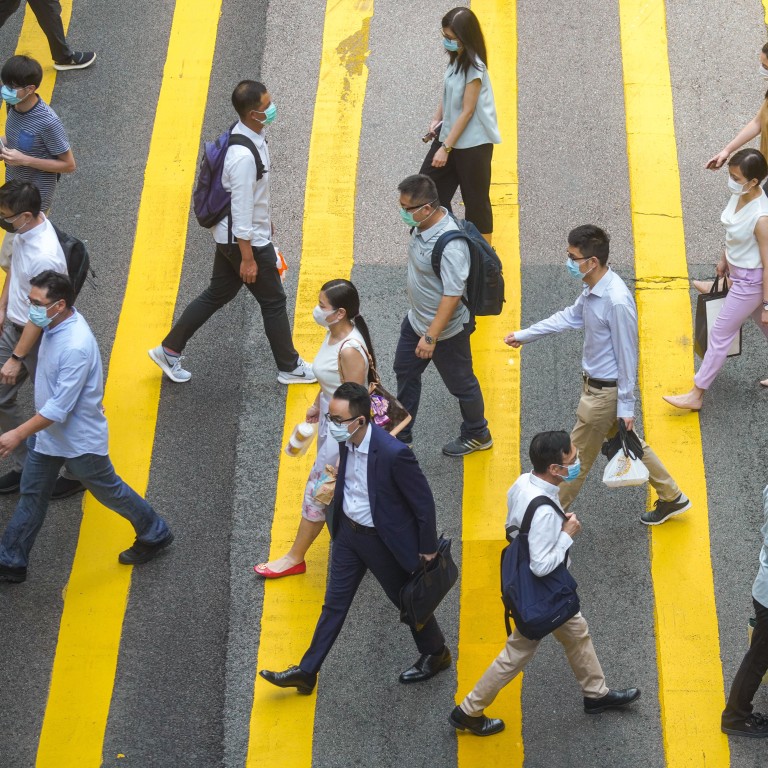
China extends tax dragnet to worldwide income, with state employees in Hong Kong first to feel the pinch
- Mainland SOE employees based in Hong Kong get directive to declare their 2019 incomes, pay up to mainland tax rates
- Beijing intends to apply the full force of its tax laws that were previously neglected in practice, Deloitte China says
SOE workers hired in the mainland and expatriated to the city received a directive this week to declare their 2019 salaries and make up any shortfall caused by the different tax rates in the two regions, they said, declining to be identified because of the sensitivity surrounding the matter.
The new directive has not only caught thousands of mainland SOE employees in Hong Kong by surprise, the people said. It has also stoked discontent among them because of the hefty arrears caused by the wide gap in taxation rates between the two jurisdictions.
Hong Kong’s income tax rate is among the lowest globally, capped at 15 per cent for top earners. In China, the tax rate goes up to as high as 45 per cent for annual income exceeding 960,000 yuan (US$136,810).
Beijing intends to clarify and apply the full force of its tax laws that were previously neglected in practice, according to Ellen Tong, tax director of Deloitte China, who has advised a number of SOEs in Hong Kong on the subject.
“Many Chinese working overseas did not understand the tax law clearly in the past, and some thought they don’t have the obligation to report their income as long as they have left [mainland] China and are not employed by a Chinese company,” said Tong. “This is exactly what the Chinese tax authorities want to alter, with the latest tax reform.”
The dragnet coincides with the first tax reporting season since China tightened its individual income tax law in January 2019. Under the reform, the Chinese government will impose its tax regime on the worldwide income of workers deemed as Chinese residents for taxation purposes.
The Chinese law defines a tax resident as any “China-domiciled” individual – those who “habitually reside in China because of their legal residency status, family, or economic ties” – or anyone who spends at least 183 days in a tax year in the country.
While the latest push only affects mainland employees working for SOEs, the rule would be applicable to a much wider group of overseas Chinese workers, including those employed by foreign companies in different countries, according to Deloitte’s Tong.
Mainland Chinese companies now employ about 80,000 workers in Hong Kong, according to the Hong Kong Chinese Enterprises Association, a local trade body. However, about 90 per cent of them are local employees, it said. The number of mainland Chinese working or residing in Hong Kong ranges from 80,000 to 150,000, according to unofficial estimates.
Tong said SOEs and their employees should get updated on Chinese tax laws to achieve better communication on their benefits and salary packages.
“In many other countries, such as the US, citizens would have to pay taxes on their worldwide income,” she added. “If companies could provide help, such as briefing on tax systems by external tax experts, they would be much clearer on their obligations.”

